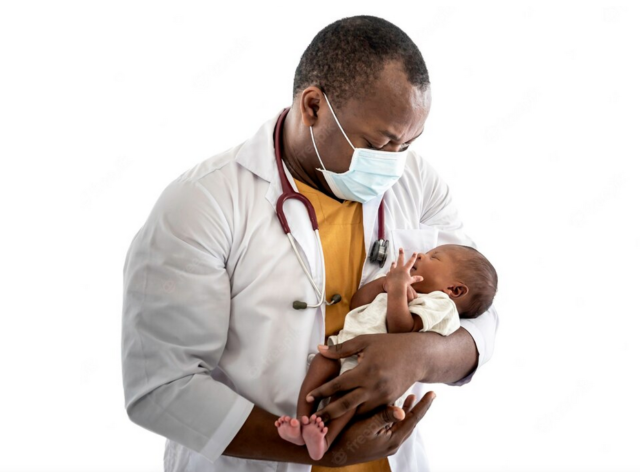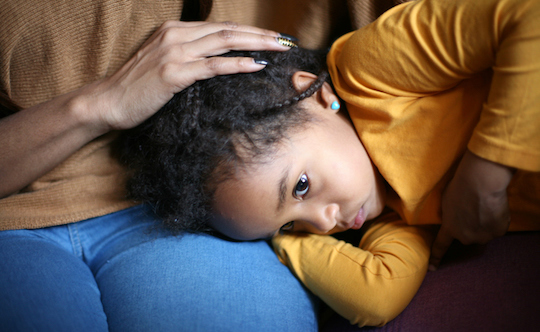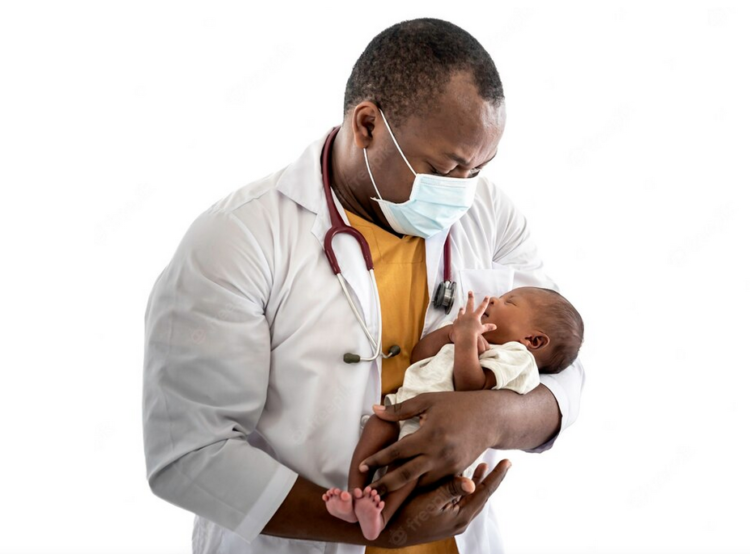Although we are in the early stages of the RSV season, the experts at Motherly.com say that there are a few things that parents should know right now to better protect their children.

What does RSV actually stand for?
RSV stands for respiratory syncytial virus. The RSV season lasts from late fall through spring.
How can RSV present?
RSV manifests differently in children and adults. While the symptoms in adults and older kids resemble those of the common cold, such as a clear runny nose and reduced appetite for a couple of days, they can progress into a cough and wheezing.
When it comes to babies and young children, common symptoms include a clear, runny nose, coughing, wheezing, sneezing, and a decrease in appetite. In infants, these symptoms include: decreased activity, irritability, and slight difficulty breathing.
In some people, RSV can present with a fever, but it does not always do so. Healthy people recover from the illness about two weeks. However, for some, RSV can morph into a serious condition where they have to be hospitalized.
RSV is a very common illness.
According to the Mayo Clinic, the majority of children will contract RSV by the time they turn two-years-old. Shockingly, RSV is the leading cause of bronchiolitis and pneumonia in children under 12-months-old, as stated by the CDC. Unfortunately, this sadly results in an estimated 2.1 million outpatient visits for children under five-years-old yearly.

RSV is extremely contagious.
RSV has a long incubation period. This means that the symptoms may not appear for three to five days after the onset of infection. This is one of the main reasons that RSV spreads so quickly in daycares and schools. A child carrying the virus can unknowingly transmit it for up to four weeks, even after no symptoms are present.

Prevention is the key to remaining healthy.
Prevention with any disease is key. If you or your child are sick, although it is easier said than done, try to stay home. Practice good hand-washing techniques, remind children to cough or sneeze in the bend of their arm, wipe down toys and shared surfaces if you can. Prevention is key to remaining healthy.
To learn more about RSV, please click here. It’s important to remember that RSV can be a serious condition, but if you’re prepared and understand the signs and symptoms, you’ll be better equipped to make an informed decision about contacting your doctor.







